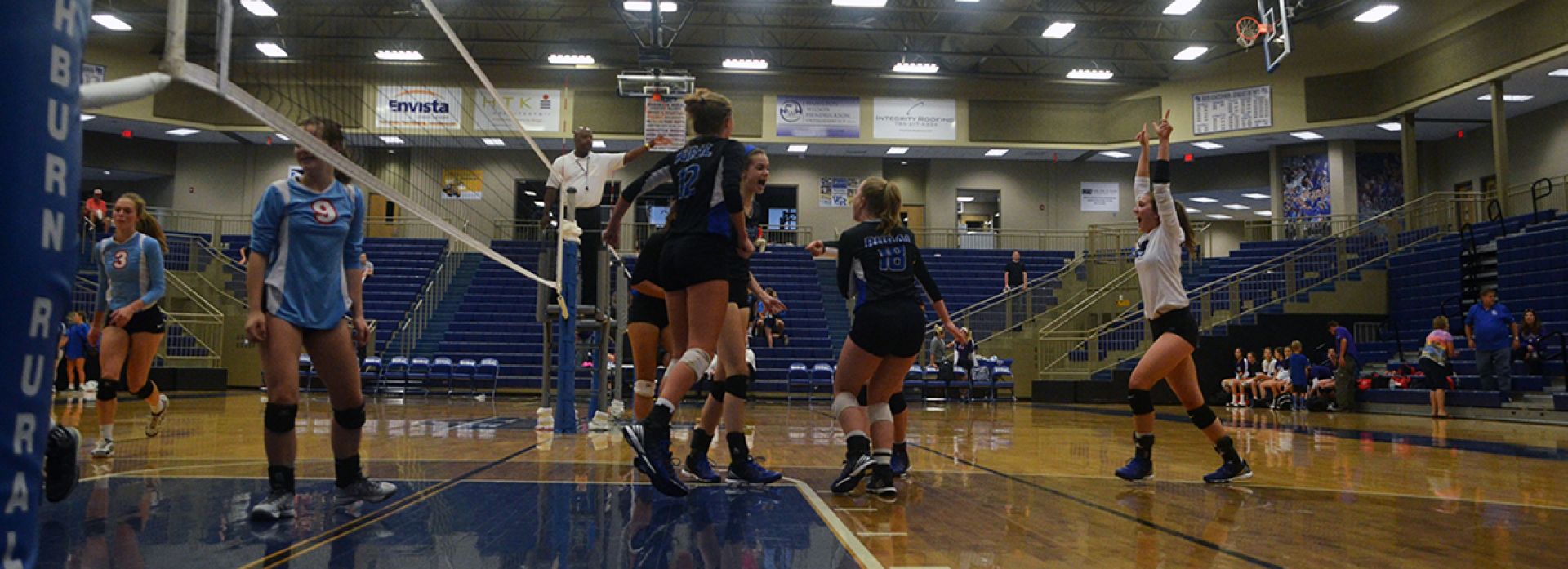IF: Textbooks, Instructional Materials and Media Centers
All foundational textbooks, instructional materials and the selection criteria for media center materials used in the district shall be subject to board approval.
Textbooks and instructional materials shall support the district's board approved curriculum. Media center materials shall support and supplement the curriculum, develop literary discrimination and appreciation, and encourage students to become productive citizens.
Textbook selection criteria shall be established by the board.
Challenges to textbooks, instructional materials, or media center materials shall be considered in a manner prescribed by board policy.
Selection Criteria: Textbook and Instructional Materials
Textbooks and instructional materials shall support the board approved district curriculum.
Selection Criteria: Media Center Materials
Materials shall be chosen for accuracy, artistic quality, format and authoritativeness. Materials shall be chosen on various levels presenting different points of view, including current issues. Books and other media materials shall be evaluated before purchase, either through direct examination or by using reputable, unbiased, professionally prepared selection tools.
Selection and Use Criteria: Movies, videos, films, and other media
The showing of movies, videos, films, and other media in the Auburn-Washburn School district shall meet the following requirements:
- Such media should be owned by the school district. Exceptions are discouraged. When exceptions are considered, prior approval of the principal is required.
- Copyright guidelines and laws shall be followed.
- All materials shall be appropriate for the grade level.
- All materials shall support the educational programs and learning objectives of the district. Exceptions are discouraged. When exceptions are considered, prior approval of the principal is required.
- All such materials shown at any grade level must be previewed by the instructor.
Grades K-6: Films rated "G" that meet requirements a through e above are acceptable and may be shown at all levels. Films rated "PG" that meet the above criteria may be shown with approval of the building principal prior to showing and with prior parental approval. Non-rated movies, videos, and films that meet the above criteria may be shown with approval of the building principal prior to showing.
Grades 7-8: Films rated "G" or "PG" that meet the requirements a through e above are acceptable and may be shown. Films rated "PG-13" that meet the above criteria may be shown with the prior approval of the building principal prior to showing and with prior parental approval. Non-rated movies, videos, and films that meet requirements a through e above may be shown with approval of the building principal prior to showing.
Grades 9-12: Films rated "G", "PG", or "PG-13" that meet requirements a through e above are acceptable and may be shown. Non-rated films that meet requirements a through e above may be shown with the approval of the building principal prior to showing.
Under no circumstances may "R" rated films, videos, or movies be shown in the Auburn-Washburn School District.
Under no circumstances may "NC-17" or "X" rated films, videos, or movies or portions of such rated media be shown in the Auburn-Washburn School District.
Collection Development
The media collection shall be developed systematically, be well balanced in coverage of subjects, include various types of materials and a variety of content in various formats.
The collection shall reflect, enrich and complement the broad interests represented in the curriculum. The collection should be large enough to allow materials to be placed in classrooms for extended periods of time.
Challenges to Textbooks and/or Instructional Materials
Any person having a complaint about textbooks, media center or other instructional material shall meet with the principal. If the matter cannot be resolved the principal shall notify a district-level curriculum specialist and ask the complainant to use a request for review form which is available through building principals or at the district office. After receiving the completed form, the curriculum specialist shall meet with the complainant to discuss the complaint.
If the complaint is not resolved at the meeting with the curriculum specialist, the complainant may request that the superintendent consider the complaint. If not resolved, and if the board chooses to consider the complaint, it shall forward all appropriate written materials to a review committee.
Review Committee
When a review committee is established by the board to handle complaints concerning textbooks, or instructional materials, the review committee shall be composed of: The building principal, a district-level curriculum specialist, two subject area specialists and two community members.
The committee's charge shall be:
- To review the material and prepare a written report containing conclusions and recommendations within 30 days;
- To direct a written report to the board; and
- To send the complainant a copy of the report.
The Review Committee Shall:
- Examine and evaluate the material as a whole; consider the district's policy, procedure and philosophy for selection of textbook or instructional materials; and
- Weigh strengths and weaknesses and form opinions based upon the selection criteria.
If the complainant is dissatisfied with the committee's recommendation, an appeal of the decision may be made to the board for a hearing and final decision. If an appeal is requested by the complainant, the superintendent shall request that the board schedule an appeal and shall prepare in advance of the appeal all appropriate documentation for the board's study.
Removing Challenged Materials
Challenged materials shall not be removed from use during the review period.
Challenges of Media Center Materials: (See IKD, KN)
Occasional objections to media center materials will be made by the public despite the care taken to select valuable materials for student and teacher use and the qualifications of persons who select the materials.
The principles of the freedom to read and of the professional responsibility of the staff must be considered along with relevance of the materials.
If a complaint is received about media center materials, the procedures are as follows:
- Be courteous but make no commitments.
- Invite the complainant to file the objections in writing and offer to send instructional outcomes, copies of selection policies, and a reconsideration form so that a formal challenge may be submitted to the media center materials committee.
- Inform the principal and the appropriate curriculum and instructional specialist.
- When the form has been returned to the principal, the materials will be temporarily reserved for review by the media center materials committee.
- If a formal request for reconsideration has not been returned within two weeks, it shall be considered closed.
- A media center materials committee will be appointed by the principal, consisting of the principal, media specialist, curriculum facilitator, a teacher, and a member of site or parent organization. The committee will:
- Read and/or examine materials referred to. (In a timely manner, committee members will receive copies of materials if available, reviews and complainant's report, and re-evaluation checklist.
- Check general acceptance of the materials by reading reviews.
- Compare values and faults and form opinions based on the materials as a whole and not on passages pulled out of context. (Use checklist).
- Hold a hearing with the complainant(s) if a hearing is requested.
- Following the hearing, meet to discuss the material and to prepare a report of recommendations and supportive comments.
- File a copy of the report in the school and with the curriculum and instructional specialist for media services.
- The principal shall notify complainant of the decision and send a formal report and recommendation to the Superintendent. In answering the complainant, the principal shall explain the selection system, give the guidelines used for selection, and cite authorities used in reaching decisions. If the committee decides to keep the work that caused the complaint, the complainant shall be given an explanation. If the complaint is valid, the principal will acknowledge it and make recommended changes. If the complainant is not satisfied with building committee's decision, he/she may ask the curriculum and instructional specialist for media services to reconsider. That administrator shall form a committee of three, including a district-level administrator and two members from outside the complainant's school. At the Pre-K-6 level, it shall be a teacher from the child's grade and an elementary principal. At the Grade 7-12 level, it shall be a teacher from an academic department related to the challenged materials and a principal. These members may be from the middle school if the challenge originates at the high school and from the high school if the challenge originates at the middle school.
- If the complainant is still not satisfied, he/she may ask the superintendent to present an appeal to the Board of Education, which shall make a final determination of the issue. The Board of Education may seek assistance from outside organizations such as the American Library Association or the Association for Supervision and Curriculum Development in making its determination.
Removing Challenged Materials
Challenged materials shall not be removed from use during the review period.
Approved: September 7, 2010







